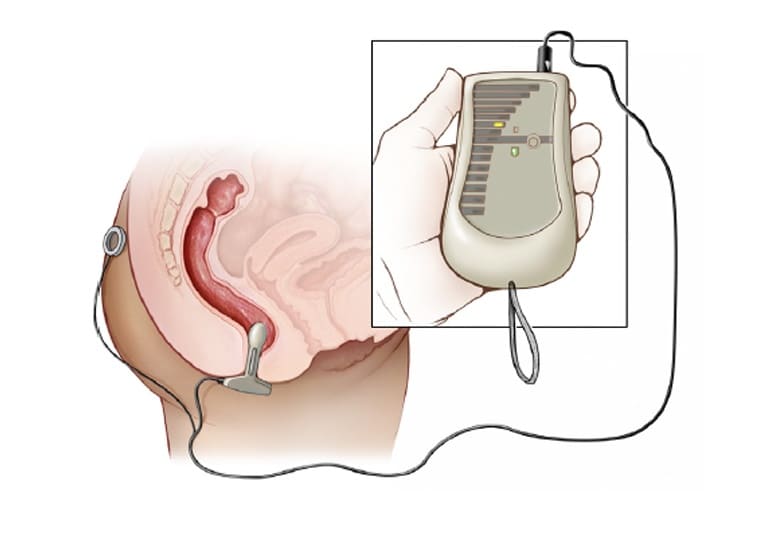qEEG works by placing small sensors on the head to capture brain activity. These electrodes measure electrical signals produced by nerve cells, the units in the brain that interact with one another. The data collected is then analyzed and presented as a series of waveforms. Each kind of neural wave—such as α, beta, delta, and theta—corresponds to different psychological states and activities. For instance, alpha waves are commonly associated with calmness, while β waves are associated to engaged cognition and issue resolution. By examining these patterns, healthcare providers can identify abnormalities that may indicate mental health concerns.

One of the major benefits of qEEG is its capability to provide objective data. In contrast to conventional evaluations that depend on subjective reports from patients, qEEG offers a distinct picture of brain function. This objectivity can help minimize prejudices in assessment and result to more precise treatment plans. For instance, if a patient is experiencing stress, qEEG can reveal specific patterns of brain activity that are linked with stress conditions. This data enables mental health professionals to tailor interventions more efficiently, whether through therapy, medication, or other treatments.
Moreover, qEEG can be particularly useful in monitoring intervention advancement. By performing qEEG evaluations at various stages during therapy, clinicians can track changes in brain activity over time. This ongoing evaluation helps determine whether a intervention is effective or if adjustments are required. For instance, if a client is not reacting to a specific medication, qEEG may show that their brain function website link has not altered in a manner that suggests progress. This response cycle can result to more customized and efficient psychological health treatment.
In summary, qEEG cerebral mapping is a potent instrument in the domain of psychological health evaluation. By offering unbiased information about neural function, it improves the understanding of various mental health conditions. This technique not only aids in accurate diagnosis but also helps in tracking intervention success. As psychological health experts persist to investigate the capabilities of qEEG, it possesses potential for enhancing the well-being of people dealing with psychological health issues. With ongoing research and advancements in technology, the mysteries of the mind may become clearer, leading to better outcomes for those in requirement of support.